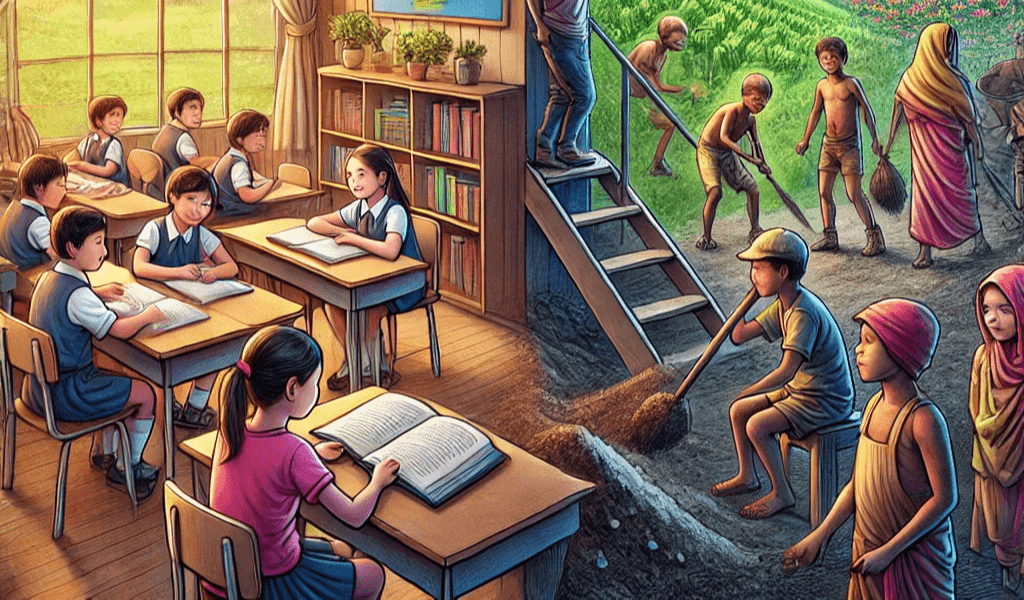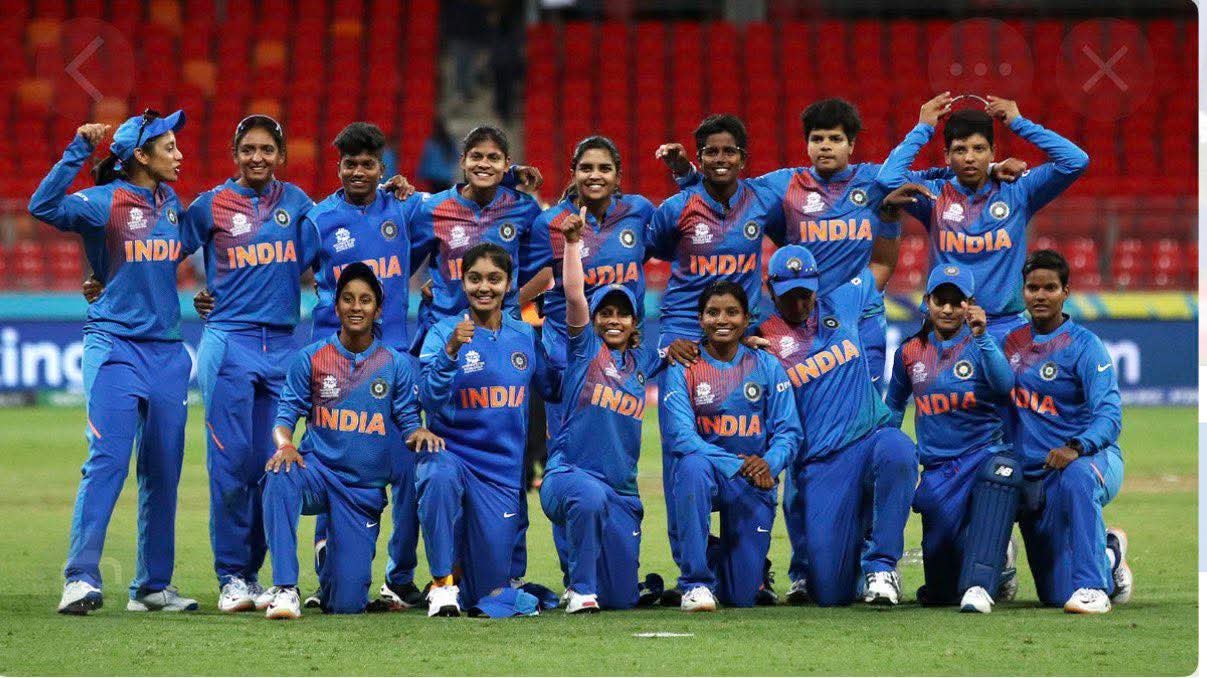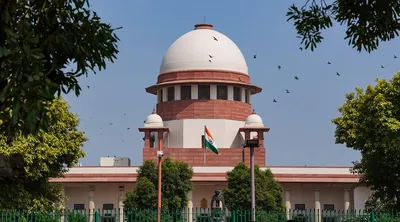World’s Children’s Day: Unveiling the Unseen Realities of Childhood
World’s Children’s Day, celebrated annually on November 20th, is a reminder of the global commitment to protecting children’s rights and ensuring their well-being. However, beneath the bright slogans and celebrations lies a darker reality that demands scrutiny. Investigative journalism offers a powerful lens to uncover the gaps between promises and ground realities, highlighting the urgent need for action.
Unveiling Educational Inequalities
The United Nations Convention on the Rights of the Child emphasizes the right to education, yet millions of children worldwide remain deprived of basic schooling. Investigative reports reveal systemic failures in public education systems, from underfunded schools in developing countries to hidden barriers in developed nations. For example:
Corruption and Mismanagement: An investigative report from sub-Saharan Africa highlighted how funds earmarked for school infrastructure often vanish due to corruption, leaving students in dilapidated classrooms.
Hidden Costs of Free Education: In India, a study uncovered how “free” education schemes are burdened with hidden costs like uniforms, books, and transportation, forcing many families to withdraw their children from school.

The Invisible Scourge of Child Labor
Despite international efforts, child labor continues to rob millions of their childhood. Investigative journalists have exposed how industries often mask their reliance on child labor behind complex supply chains. For example:
Cobalt Mining in Congo: Children as young as seven work in hazardous conditions to extract cobalt, a key component in smartphones and electric vehicles, with multinational corporations failing to enforce accountability.
Agriculture in the U.S.: In some states, children as young as 12 legally work long hours in agriculture, often missing school and suffering from health issues.
Abuse and Exploitation: The Hidden Wounds
Child abuse, trafficking, and exploitation remain taboo topics that many societies shy away from confronting. Investigative journalism has played a pivotal role in breaking the silence around these issues:
Online Exploitation: In Southeast Asia, investigations revealed a booming dark web market for child pornography, exposing the complicity of local officials.
Orphanage Trafficking: Reports from Nepal and Cambodia show how children are falsely labeled as orphans to attract donations, only to be exploited by orphanage operators.
Health Inequities: A Crisis in Care
While global campaigns have improved child healthcare, significant gaps persist. Investigative efforts shed light on overlooked areas:
Vaccine Inequity: Despite global vaccination drives, reports from rural Africa show how logistical failures and corruption prevent vaccines from reaching the most vulnerable.
Malnutrition in Wealthy Nations: Hidden hunger exists even in affluent countries, where poor dietary practices and economic inequality lead to malnutrition among children.
Voices Silenced: Children in Conflict Zones
Children in war-torn regions face unimaginable hardships, often reduced to mere statistics. Investigative journalists risk their lives to tell these stories:
Forced Recruitment: In regions like the Sahel and Myanmar, children are forcibly conscripted into armed groups, stripping them of their innocence.
Education Under Attack: Reports from Yemen and Syria show how schools are deliberately targeted, denying generations of children their right to learn.
The Role of Investigative Journalism
Investigative journalism is a cornerstone for advocacy and reform. By exposing systemic injustices, it forces governments, corporations, and societies to confront uncomfortable truths. However, journalists face immense challenges, including censorship, legal threats, and personal danger.
Call to Action
World’s Children’s Day should go beyond symbolic gestures. It is a call to action for governments, organizations, and individuals to address the systemic issues uncovered by investigative journalism. Protecting children’s rights requires sustained advocacy, transparency, and accountability.
The stories uncovered by investigative journalists remind us of the harsh realities many children face daily. As we celebrate World’s Children’s Day, let us honor these revelations by demanding concrete actions to create a world where every child can thrive.












